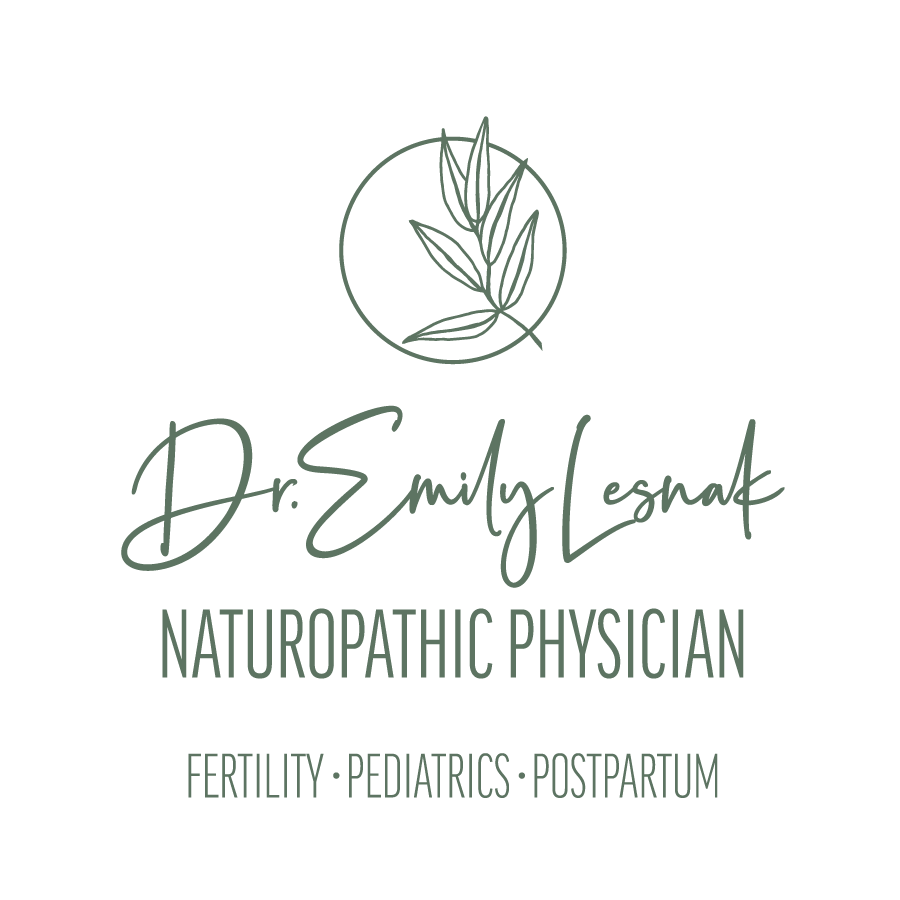Colic is the term used for fussy babies who are otherwise healthy and well fed. Colic affects up to 30% of infants and can be a frustrating issue for new parents. Fussiness peaks when babies are 4-6 weeks old and usually gets better with time. For most babies, fussiness will decrease around 10-12 weeks of age. I recommend a number of supportive treatments for fussy babies to help decrease uneasiness and to help maintain the sanity of their parents.
Probiotics
We all have a variety of good bacteria that reside in our intestines and facilitate digestion. Research shows that babies with colic have a lower diversity of good bacteria (intestinal microbiota), which causes gas and leads to more fussiness and crying.
A baby’s bacterial level can fluctuate based on mom’s bacterial level and the environment around them. Prematurity, mode of delivery, feeding type, antibiotic use, and the presences of siblings or pets all play a role in the development of a baby’s intestinal microbiota. Babies born on time via a vaginal delivery and who are fed breast milk typically have a more diverse intestinal microbiome compared to a baby who was born premature via cesarean delivery and fed formula. As you can see, there are a variety of factors that can lead to a baby having less diverse intestinal microbiota.
I routinely recommend that babies with colic take an infant specific probiotic. I also proscribe probiotics to babies who had antibiotics at birth, or who can only be fed formula. If mom is breastfeeding, she can also take an extra probiotic supplement or just eat more foods that contain probiotics (fermented foods like yogurt, sauerkraut, kimchi, and kefir).
Changing Mom’s diet
Colic can also be intensified by foods that mom eats if she is breastfeeding. Dairy is the most common food group that can make colic worse. If your baby has colic and you breastfeed, it can make a big difference if you give up all dairy (yes, I said it—give up ALL DAIRY!) for two weeks. I say a “couple of weeks” because that is how long it might take for you to notice a difference in crying frequency and time. I am always cautious when taking away a food group from a breastfeeding mom, because sometimes it is hard to get enough calories.
Herbal treatment for colic
I also recommend chamomile, fennel, and lemon balm to babies with colic. If mom is breastfeeding, she can start by taking these in tea form or liquid herbal form to see if that does the trick. If baby is still having symptoms, I will have parents administer the herbs in either tea form or glycerite extraction right to baby. Typically, liquid herbal medicines are prepared using alcohol, but I prefer the glycerite form for babies and children. These are given in drop doses, so you don’t need a whole lot. Make sure to check with your child’s doctor before using any type of medicine. These herbs are all considered carminatives, meaning that they help with digestion and can therefore be helpful for a baby with colic.
Massage Therapy
Massage therapy has been found to be more effective for babies with colic, compared to gentle rocking. It can also be done at home, which helps to develop a bond between parent and child. I like the “I Love U” strokes—click here for a video demonstration. This technique follows the regular pattern of digestive flow and by performing the massage you are helping to get those extra gas bubbles out, which will lead to less pain and fussiness.
These are just a few of my favorite naturopathic treatments for colic. Remember, colic often goes away on its own, but it is helpful to have a variety of supportive treatments that can make baby (and you) feel more comfortable.
References
Dubois, NE, Gregory KE. Characterising the intestinal microbiome in infantile colic findings based on integrative review of the literature. Biol Res Nurs 2016 18(3):307-315.
Hill, DJ, Roy, N, Heine RG, et al. Effect of a low-allergen maternal diet on colic among breastfed infants: a randomized controlled trial. Pediatrics. 2005:116(5)709-715.
Salvino, et al. A randomized double-blind placebo controlled trial of a standardized extract of matricaria recutita, foeniculum vulgare, and Melissa officinalis (Colimil) in the treatment of breast fed colicky infants. Phytotherapeutic Res 2005 19(4):335-340.
Sheidaei, A, et al. The effectiveness of massage therapy in the treatment of infantile colic symptoms: a randomized controlled trial. Med J Islam Repub Iran 2016 30:351.





